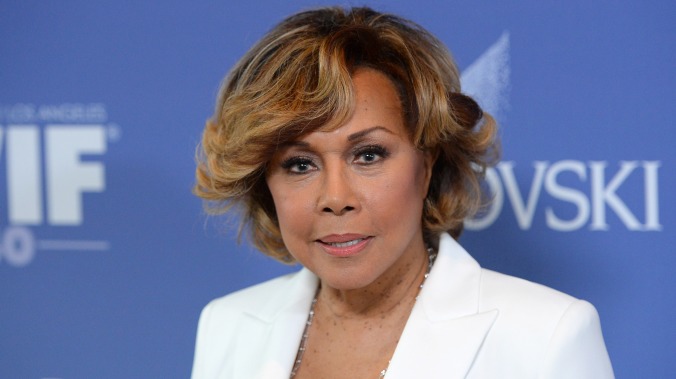R.I.P. pioneering actress Diahann Carroll

Diahann Carroll, the Tony-winning actress who was the first Black woman to star in her own series in a non-servant role, has died. Per ABC News, the Oscar-nominated icon’s daughter, Suzanne Kay, confirmed the news of her death to the Associated Press. Carroll died in her home in Los Angeles, where she was living with cancer. She was 84.
Born in the Bronx and raised in Harlem, Carroll began modelling in Ebony Magazine at the age of 15, while she was still enrolled in Music And Arts High School. She got her major break at 18 when she appeared on ABC’s talent show Chance Of A Lifetime by singing a rendition of Jerome Kern and Oscar Hammerstein II’s “Why Was I Born?”, which won her $1000 and began a five-win streak. She would go on to perform in New York’s historic Manhattan’s Café Society (just like fellow greats Pearl Bailey, Nat King Cole, and Miles Davis) and Latin Quarter nightclubs.
Carroll’s film debut was in 1954's Carmen Jones, starring Dorothy Dandridge and Harry Belafonte. From there, she continued to confirm her status as a multi-hyphenate, landing roles in both film (Porgy and Bess, Paris Blues) and Broadway ( 1954's House Of Flowers). In 1962, Carroll won the Tony Award for her turn as Barbara Woodruff in No Strings, becoming the first Black woman to win the award for Best Actress. After adding a few more movies to her ever-growing list of credits, she starred as the titular character opposite James Earl Jones in the 1974 film Claudine, which earned her an Oscar nomination.
Though she made an ineradicable mark in film and on the stage, it was Carroll’s work in television that made her a household name. Establishing herself as a leading personality with infallible range, she aimed to break out of a very limiting cycle that only allowed Black actors to play a small subset of roles—ones that typically portrayed them as servants and minute side characters. In 1968, NBC approached her to star in a comedy series titled Julia, where she would play a widowed nurse and earn Emmy and Golden Globe nods. Here, she would make history once again as the first Black woman to star in her own primetime series as a non-stereotypical character.
 Keep scrolling for more great stories.
Keep scrolling for more great stories.
